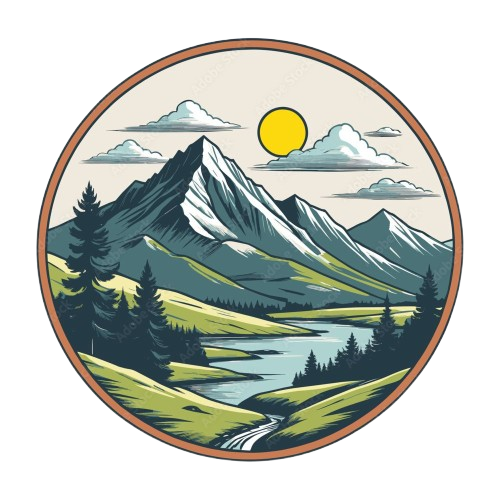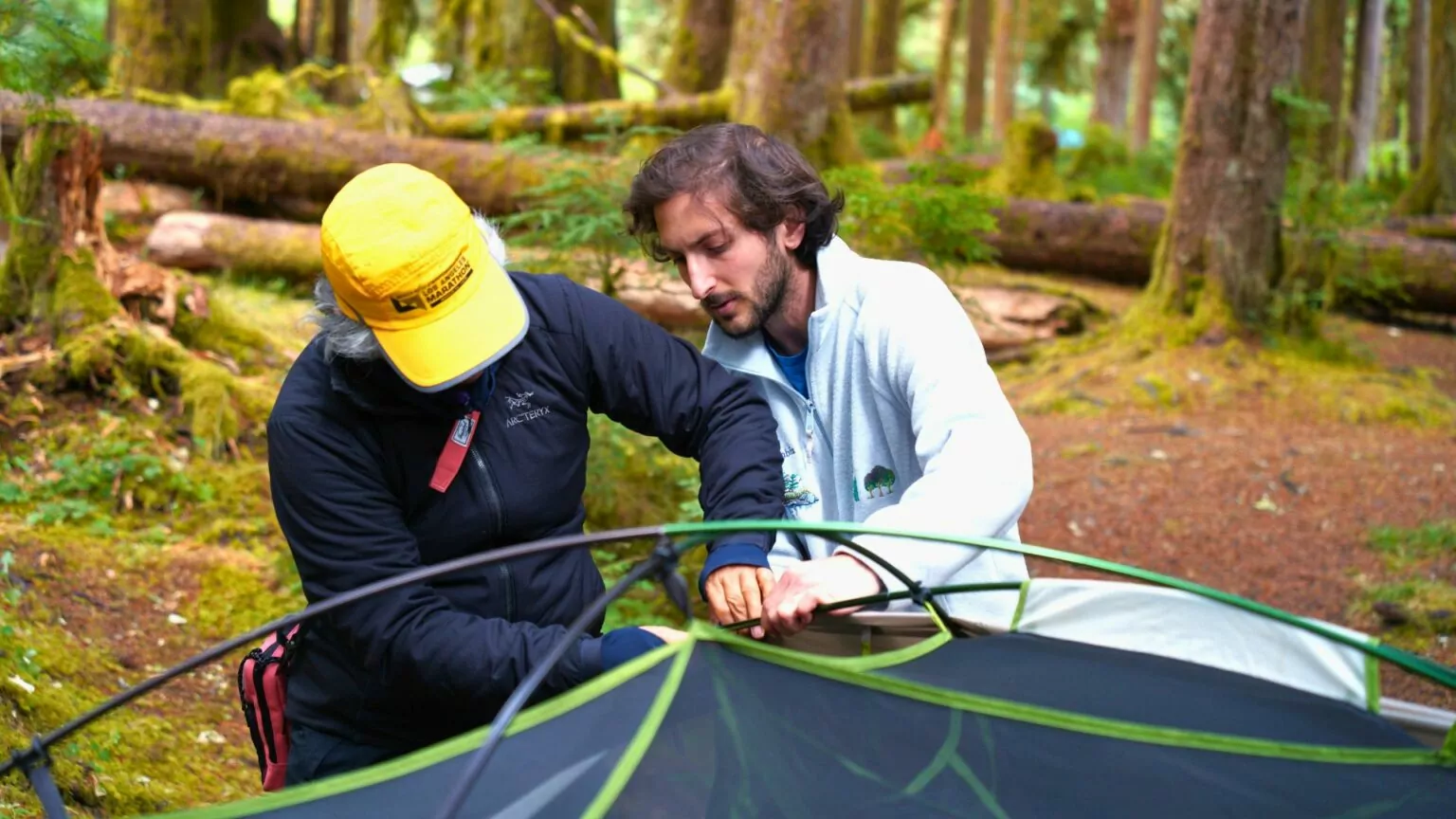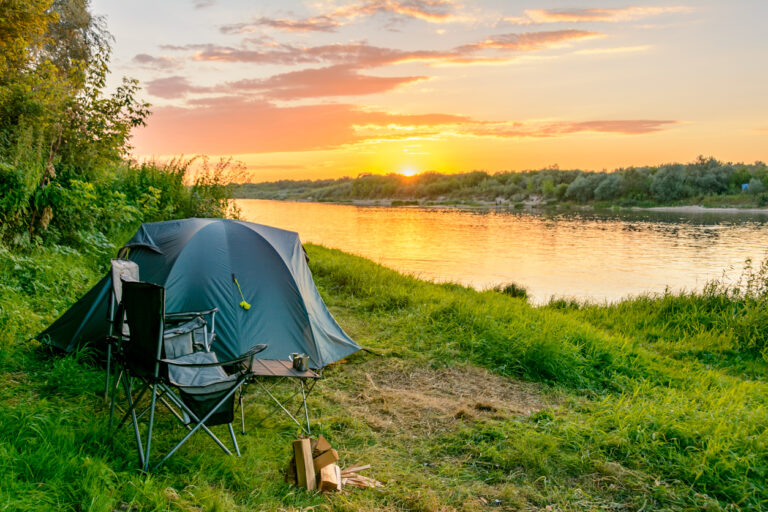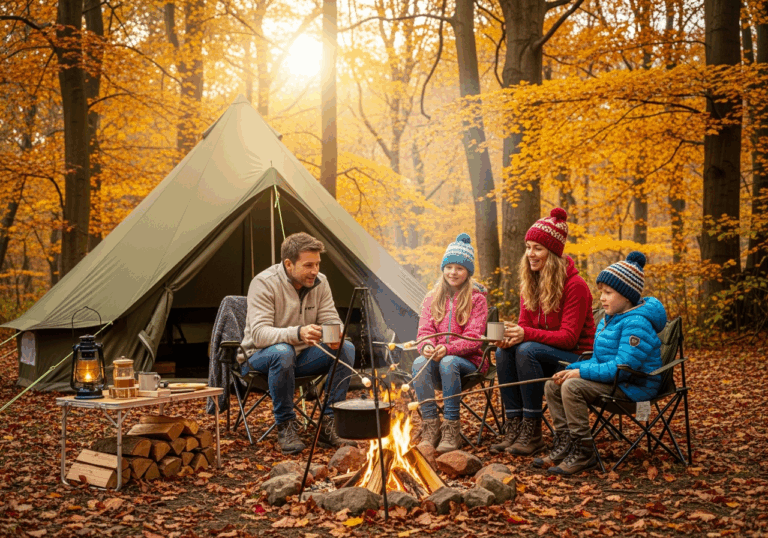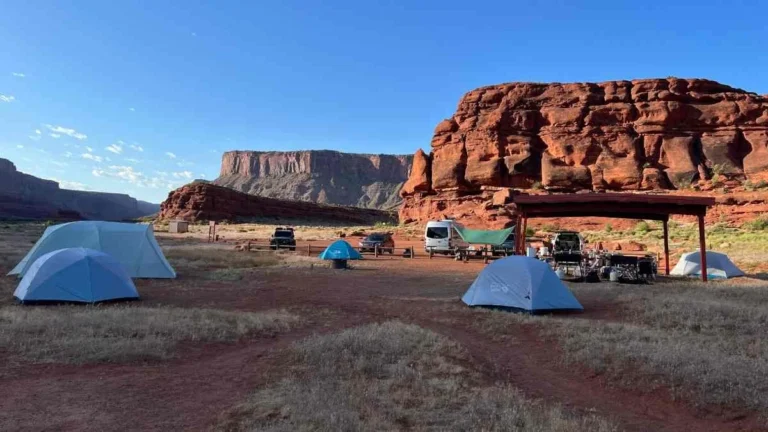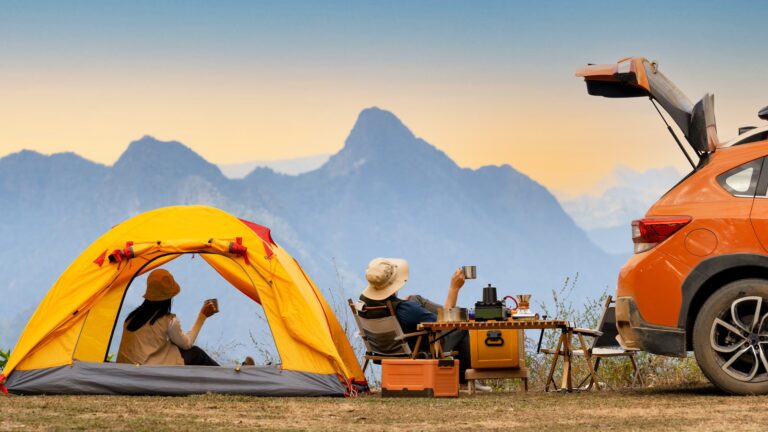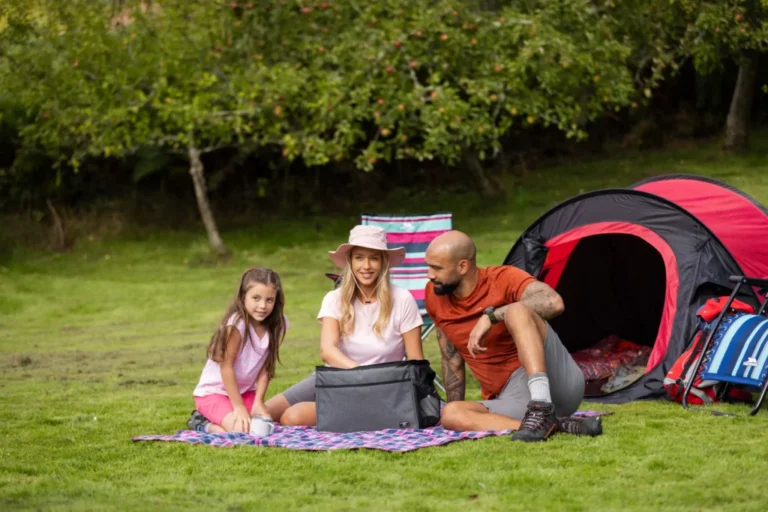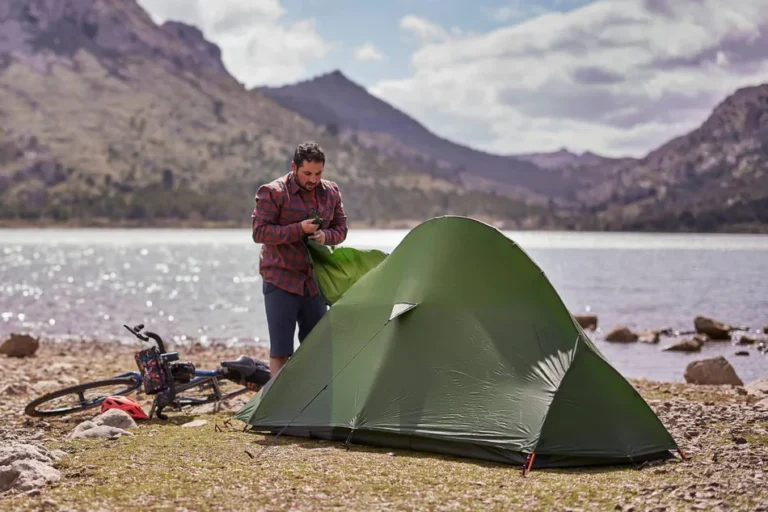How to Camp Effectively: A Complete Guide for Beginners and Seasoned Adventurers
One of the best ways to reconnect with nature, clear your head, and make lifelong memories is to go camping. The secret to a successful trip is planning, preparation, and understanding how to maximize your time outdoors, regardless of how much experience you have or how many times you have set up a tent. Effective camping involves more than just making it through the night in the woods; it also entails doing so in a way that makes the experience more enjoyable, safe, and comfortable.
Everything from planning and packing to setting up your campsite and outdoor etiquette will be covered in this guide on how to camp efficiently.
1. Plan Your Trip Ahead of Time
One of the biggest mistakes new campers make is heading out without a clear plan. Effective camping starts well before you leave home.
- Choose the right location: Research different campgrounds, parks, or backcountry areas. Consider accessibility, facilities (toilets, water sources, fire pits), and the type of environment you want—forest, mountain, beach, or desert.
- Check regulations: Some places require permits, have fire restrictions, or specific rules about pets and vehicles.
- Know the weather: Always check the forecast. Prepare for changes in temperature, unexpected rain, or windy conditions.
2. Pack Smart, Not Heavy
Carrying too much gear can make the trip exhausting, while bringing too little can make it uncomfortable. The trick is striking a balance.
- Shelter essentials: Tent, ground tarp, sleeping bag, and sleeping pad. Choose gear appropriate for the season.
- Clothing: Dress in layers. Pack moisture-wicking base layers, a warm insulating layer, and a waterproof shell. Always bring extra socks and a hat.
- Cooking and food: A portable stove or grill, fuel, pots/pans, utensils, and enough food for all meals. Opt for easy-to-cook or pre-prepped meals. Don’t forget snacks and water (plus a filtration method if near natural sources).
- Safety gear: First aid kit, flashlight or headlamp, multi-tool, and maps/GPS.
- Extras for comfort: Camp chairs, a tarp for shade, and insect repellent.
Pro tip: Lay everything out before packing and ask yourself, Do I really need this?
3. Set Up Your Campsite Wisely
Your campsite is your home in the outdoors, so choose and arrange it with care.
- Pick the right spot: Look for flat, dry ground away from low-lying areas where water could collect. Avoid pitching your tent directly under trees with large, dead branches (widowmakers).
- Tent placement: Position your tent entrance away from the wind, and if it’s hot, try to find a shaded area.
- Cooking and fire area: Keep your cooking area a safe distance from your sleeping spot. If fires are allowed, use designated fire rings and keep water nearby for safety.
- Organization: Store food securely (in bear-proof containers or hung from a tree if needed) and keep gear in one area so it doesn’t get scattered.
4. Cook and Eat Efficiently
Food is one of the joys of camping, but it can quickly turn into a chore without preparation.
- Meal prep at home: Chop vegetables, marinate meat, or pre-cook rice before you go. Store in resealable bags for quick meals.
- One-pot meals: Soups, stews, pasta, and stir-fry make cleanup easier.
- Clean as you go: Wash dishes right after eating to avoid attracting animals and to keep camp tidy.
- Stay hydrated: Bring plenty of water or a purification system if relying on lakes or streams.
5. Stay Safe in the Outdoors
The wilderness is beautiful but can also be unpredictable. Effective camping means being prepared for challenges.
- Wildlife awareness: Never feed animals. Store food securely and keep a respectful distance if you encounter wildlife.
- First aid readiness: Know basic first aid for cuts, burns, and insect bites. Carry any personal medications.
- Fire safety: Only build fires where permitted and never leave them unattended. Fully extinguish before sleeping or leaving camp.
- Navigation: Even if you rely on GPS, always bring a map and compass.
6. Practice Leave No Trace
Camping effectively isn’t just about your experience—it’s about protecting nature for future campers. Follow the Leave No Trace principles:
- Pack out everything you bring in.
- Dispose of waste properly (bury human waste at least 6–8 inches deep and away from water sources if no facilities are available).
- Respect wildlife and other campers.
- Leave your campsite better than you found it.
7. Maximize the Fun
Camping isn’t just about survival—it’s about enjoyment. Once the essentials are covered, don’t forget to make space for fun:
- Activities: Hiking, fishing, swimming, or just stargazing.
- Games: Card games, frisbee, or storytelling around the fire.
- Relaxation: Bring a book, hammock, or journal to soak in the peace of nature.
Final Thoughts
Camping effectively comes down to preparation, smart packing, and respect for the environment. With the right approach, you’ll not only stay safe and comfortable, but you’ll also enjoy the outdoors in a deeper, more rewarding way.
Remember, every trip is a learning experience. With each campout, you’ll discover new tricks, refine your packing list, and grow more confident in your outdoor skills.
So grab your gear, plan your spot, and head out—the great outdoors is waiting.
